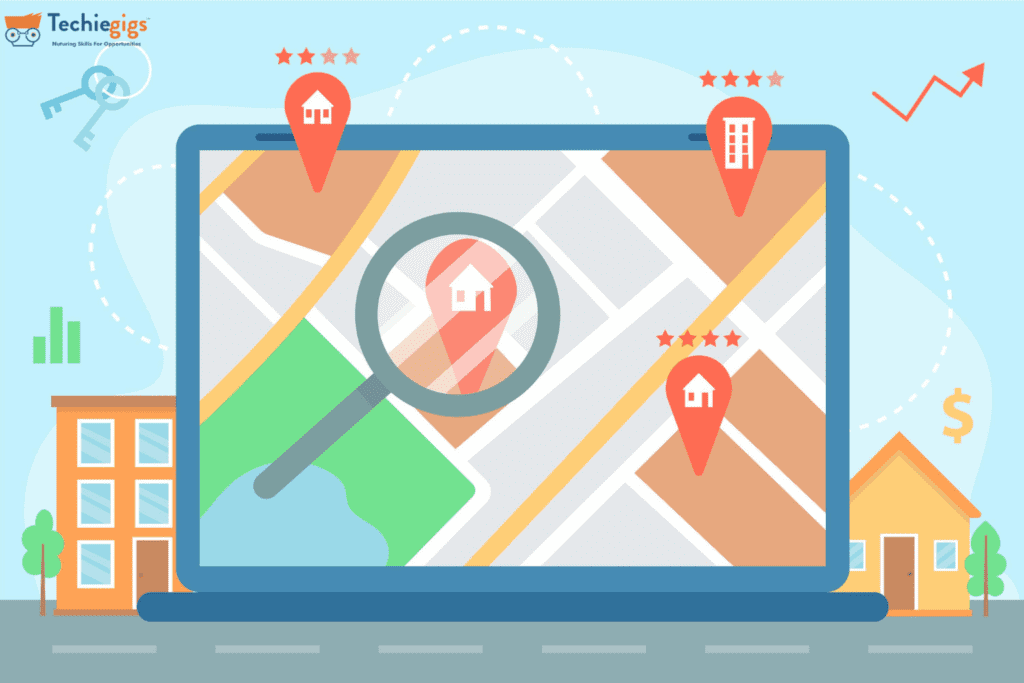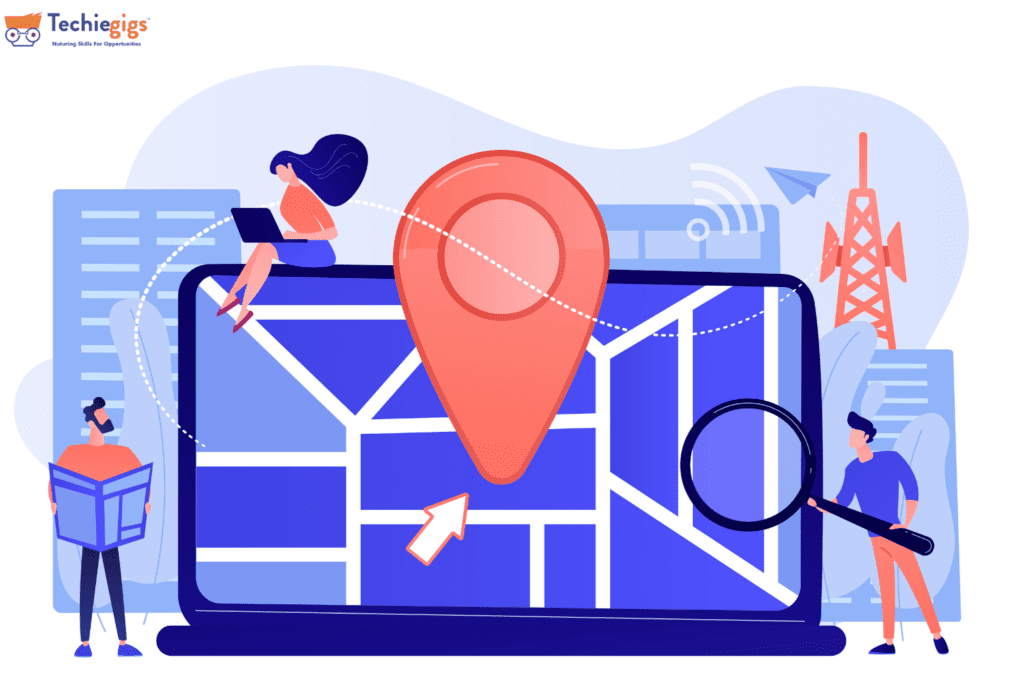In today’s digital age, online visibility is essential for businesses of all sizes. However, for local businesses, the importance of being found by nearby customers cannot be overstated. This is where Local SEO (Search Engine Optimization) comes into role. Local SEO is a specialized approach that focuses on optimizing a website’s online presence to attract customers in a specific geographic area. In this blog, we’ll explore the importance of Local SEO and provide actionable strategies to help local businesses optimize for better visibility within their community.
Understanding the Importance of Local SEO
Local SEO refers to optimizing a website or online presence to improve its rankings in local search engine results. The primary goal of Local SEO is to ensure that your business appears when people in your area search for products or services you offer. For example, if you run a coffee shop in Mumbai, you’d want your business to show up when someone searches for “best coffee shops in Mumbai.”

The Importance of Local SEO
Enhanced Visibility:
Local SEO helps your business appear prominently in local search results. When potential customers search for local businesses on search engines like Google, Bing, or Yahoo, you want your business to be one of the top results.
Relevant Traffic:
Local SEO drives highly targeted traffic to your website. These people in your area are actively looking for your products or services. This makes it more likely that they’ll convert into customers.
Competitive Edge:
Many businesses still need to pay more attention to local optimization, even though it can be highly effective. By investing in Local SEO, you can gain a competitive edge in your local market.
Mobile Optimization:
With the increasing use of mobile devices, local searches have become even more critical. People often use their smartphones to find nearby businesses, making Local SEO indispensable.
Online Reviews and Reputation Management:
Local SEO also involves managing online reviews and your business’s online reputation. Positive reviews can boost your credibility and attract more customers.

Strategies for Optimizing your Local Online Presence:
Claim Your Google My Business (GMB) Listing
Google My Business is a powerful tool for local businesses. Claiming and optimizing your GMB listing ensures that your business information appears on Google Maps and in local search results. Make sure your listing includes accurate details like your business name, address, phone number (NAP), website URL, business hours, and high-quality images of your establishment.
Optimize Your Website
Your website is the centre of your online presence. To optimize it for Local SEO:
- Ensure your NAP information is consistent with your GMB listing.
- Create location-specific landing pages if you have multiple locations.
- Use local keywords in your website’s content, meta titles, and meta descriptions.
- Include a Google Map on your page for easy navigation.
- Implement schema markup to provide structured data to search engines.
Get Citations from Local Directories
Citations are online mentions of your business’s NAP information. Make sure your business is listed accurately on popular local directories, such as Yelp, Yellow Pages, TripAdvisor, and industry-specific directories. Consistency in NAP information across these platforms is crucial.
Generate Online Reviews
Positive online reviews can significantly impact your local rankings and reputation. Encourage satisfied customers to leave reviews on your GMB listing and other review platforms. Respond swiftly to both positive and negative reviews, demonstrating your commitment to customer satisfaction.
Use Local Schema Markup
Schema markup is a form of structured data that provides search engines with more information about your business. Implementing local schema markup can help search engines understand your location, business type, reviews, and other relevant details.
Create High-Quality, Localized Content
Produce content that speaks to your local audience. Write blog posts, articles, and guides that address local issues, events, and trends. This not only establishes you as a local authority but also helps with long-tail local keyword optimization.

Build High-Quality Backlinks
Acquiring backlinks from reputable local websites can boost your local SEO efforts. Engage in local link-building by guest posting on local blogs, partnering with local organizations, or sponsoring local events.
Optimize for Mobile
Make sure that your website is mobile-responsive and offers an excellent user experience on smartphones and tablets. Google categorizes mobile-friendly websites in its search results.
Monitor and Analyze Your Results
Regularly track your Local SEO efforts using tools like Google Analytics and Google Search Console. Monitor your rankings, website traffic, and user engagement to identify areas for improvement.
Stay Active on Social Media
Engage more with your audience on social media platforms like Facebook, Instagram, and Twitter. Share local news, events, promotions, and user-generated content to foster a sense of community and loyalty.
Conclusion
Local SEO is a vital component of any local business’s digital marketing strategy. By optimizing your presence for local searches, you can attract more customers, increase your revenue, and gain a competitive advantage in your community. Remember that Local SEO is an ongoing process, and staying up-to-date with search engine algorithm changes and local trends is essential for maintaining and improving your local online visibility. Invest in Local SEO today to ensure your business thrives in the digital age.



